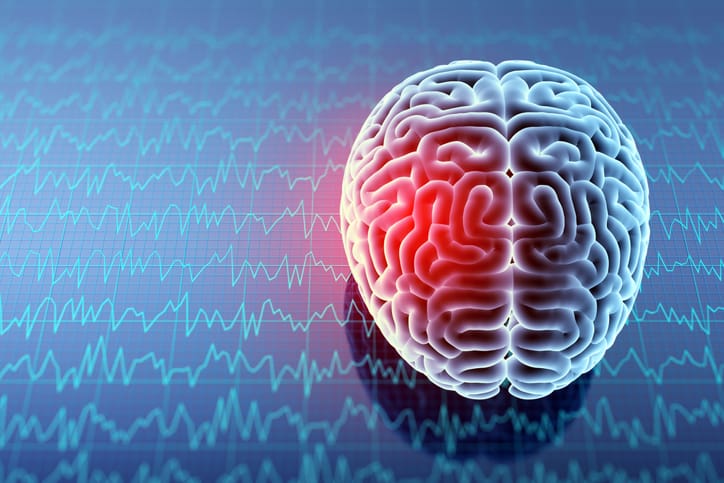Suffering a mild traumatic brain injury (TBI) is difficult; the fact that it’s called “mild” doesn’t represent the reality for many patients. Brain injuries present with various symptoms, and no two people are exactly alike.
Brain injuries generally occur because of violent blows or jolts to the head. Penetrating injuries are also common. For most with mild TBIs, the issue is a mild concussion.
What is a mild concussion?
A mild concussion is also known as a grade I concussion. With a concussion, it’s possible to bruise the brain, causing damage to the nerves and blood vessels.
When this happens, the brain can’t function like normal. Your vision might be disturbed or you could have vertigo. Some people are knocked unconscious.
What are some signs of a concussion?
Signs of a concussion include:
- Balance problems
- Dizziness
- Clumsiness
- Slurred speech
- Feeling dazed
- Sensitivity to light
- Sensitivity to noise
- Vomiting
- Nausea
- Ringing in the ears
- Memory loss
- Trouble with concentration
If you suffer any or all of these following an impact, it’s time to call your doctor to make sure you get rapid medical treatment for your potential concussion.
What should you do if you suffer a concussion?
If you’ve suffered a blow to the head, then it’s a good idea to get an opinion and exam from a medical professional. Most people need to be monitored for the first 24 to 48 hours for changes in their behavior. During this time, you may have a headache, but NSAIDs and aspirin are unlikely to be given due to the risk of bleeding.


